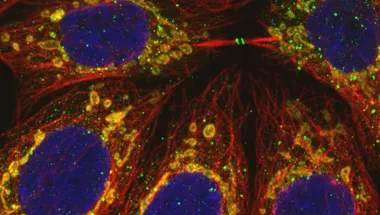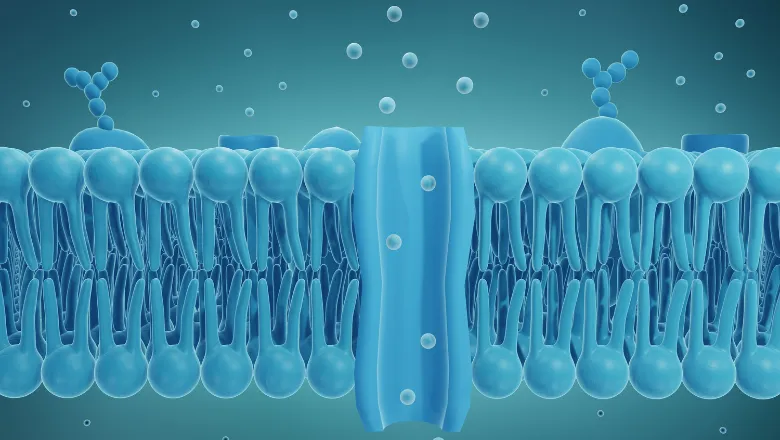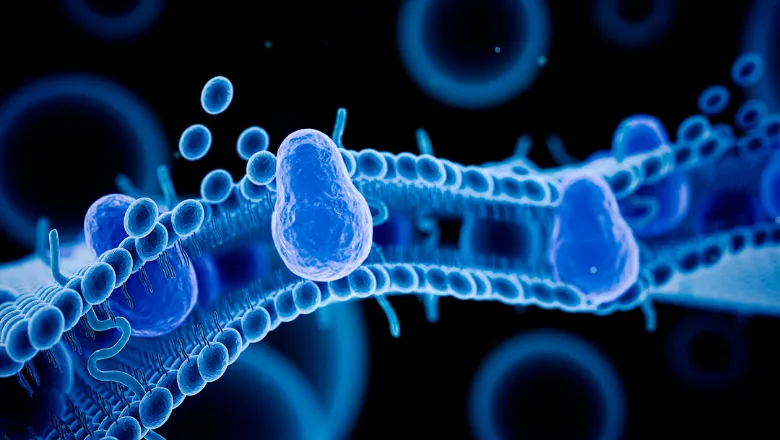
Professor Mark Wallace
Professor of Chemistry
- Associate Dean for Research Infrastructure
- MRes Expanding the Frontiers of Chemistry Module Lead
- MSci Chemistry Frontiers Module Lead
- University Lead for Rosalind Franklin Institute
Research interests
- Chemistry
Biography
Professor Mark Wallace is a Professor of Chemistry in the Department of Chemistry, at King's College London. He is also the Associate Dean for Research Infrastructure in the Faculty of Natural, Mathematical & Engineering Sciences, providing leadership within the Faculty to enable research excellence and representing the Faculty on University-wide strategic committees related to research infrastructure.
He studied Chemical Physics as an undergraduate at the University of Bristol, followed by a PhD in Chemistry at the University of Cambridge under the supervision of Professor David Klenerman. He was awarded the 2002 Gregorio Weber International Prize in Biological Fluorescence for this work.
Mark then spent two years as a postdoctoral fellow at Stanford University, working with Professor Richard Zare. He returned to the UK in 2002 to undertake a second postdoctoral position at the National Institute for Medical Research with Dr Justin Molloy, before moving to Oxford in 2005 as a Royal Society University Research Fellow. He was subsequently appointed as a University lecturer and fellow of Wadham college in 2006. He joined King’s in 2016 as part of its expansion of Chemistry.
In 2009 Mark was appointed to the steering committee of the British Biophysical Society. Patents arising from his work have also been licensed in the UK Mark has also been active in raising awareness of his group’s research beyond the lab, including video podcasting and participation in the 2014 “I’m a scientist get me out of here” competition. He was awarded the RSC Norman Heatley Award in 2015 in recognition of his work. He was made a Fellow of the RSC in the same year.
Teaching
- UG Research Methods Literature Review
- MSci Chemistry Frontiers
- MSci Research Project & Dissertation
- MRes Research Project in Interdisciplinary Chemistry
- MRes Expanding the Frontiers of Chemistry
Research profile
For more information on Dr Wallace's research please see his Research Portal page
The Wallace Group
Research Associates:
- Neethu Puthumadathil
- Pantelitsa Dimitriou
- Yujie Guo
Postgraduate Researchers:
- Adelina Krusteva
- Guanzhong Zhai
- Henry Chippendale
- Kharina Fenton
- Lucian Heeler
- Siyuan Zhao
- Yimeng Zhu
- Yize Wu
- Zhongdao Li
The Wallace Group builds artificial mimics of cell membranes; both to improve our understanding of membrane biology, and to engineer new devices inspired by biology. The Group's approach is to dismantle the membrane into its component parts, and then rebuild it from scratch to understand what’s going on. They do this using a range of optical techniques capable of watching individual molecules.
Visit the Wallace Group website to find out more.
Research

London Centre for Nanotechnology
The London Centre for Nanotechnology is a UK-based multidisciplinary enterprise operating at the forefront of science and technology. Its purpose is to solve global problems in information processing, healthcare, energy and the environment through the application of nanoscience and nanotechnology.

Lipids and Membranes Research Interest Group
A Lipids and Membranes Research Interest Group

The Rosalind Franklin Institute
The Rosalind Franklin Institute (RFI) in Harwell, is a national Institute formed in partnership with King’s and other leading universities and funded by UKRI

The Francis Crick Institute
King’s is delighted to be a founding academic partner alongside UCL and Imperial College in the Francis Crick Institute, joining the multidisciplinary research expertise from all the Partners together to deliver world-leading biomedical research.
News
Scientists break new ground on design rules for creating customisable peptide channels
King’s researchers establish principles for designing precise artificial membrane channels with potential applications in medicine and molecular sensing.

King's researchers to build artificial bacterial cells to understand human immune responses
Wellcome grant awarded to King's Chemist

Research

London Centre for Nanotechnology
The London Centre for Nanotechnology is a UK-based multidisciplinary enterprise operating at the forefront of science and technology. Its purpose is to solve global problems in information processing, healthcare, energy and the environment through the application of nanoscience and nanotechnology.

Lipids and Membranes Research Interest Group
A Lipids and Membranes Research Interest Group

The Rosalind Franklin Institute
The Rosalind Franklin Institute (RFI) in Harwell, is a national Institute formed in partnership with King’s and other leading universities and funded by UKRI

The Francis Crick Institute
King’s is delighted to be a founding academic partner alongside UCL and Imperial College in the Francis Crick Institute, joining the multidisciplinary research expertise from all the Partners together to deliver world-leading biomedical research.
News
Scientists break new ground on design rules for creating customisable peptide channels
King’s researchers establish principles for designing precise artificial membrane channels with potential applications in medicine and molecular sensing.

King's researchers to build artificial bacterial cells to understand human immune responses
Wellcome grant awarded to King's Chemist

